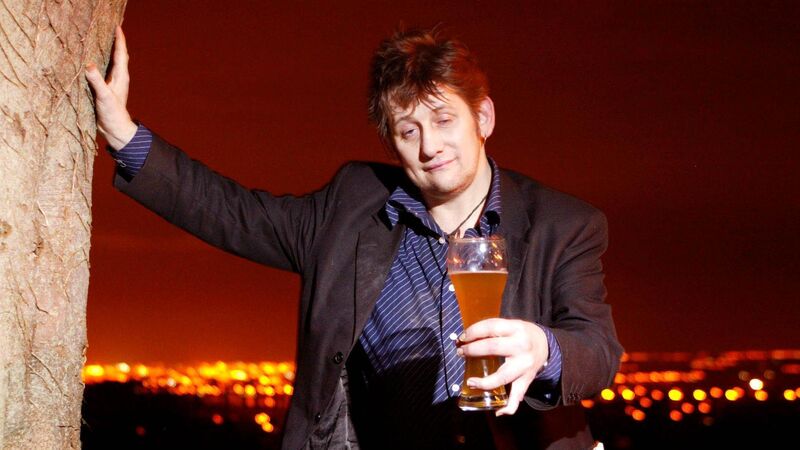Tom Dunne: We'll raise a parting glass to Shane MacGowan's drink-soaked genius

Shane MacGowan on the grounds of Howth Castle in 2004. Picture: Fran Veale
Shane MacGowan will be laid to rest on Friday. Glasses will be raised, pints ordered, whiskeys consumed in sombre appreciation of the great man’s gifts and the void he leaves in all our hearts. At some point people will sing ‘The Parting Glass’.
There will be in short, many, many glasses and I can’t help but suspect it is as the great man would have liked it. Shane, to use the vernacular, liked a drink. Yes, it is a euphemism, but it would be a cold-hearted cur would deny its romance for him. He thrived on it, at least for a while.








